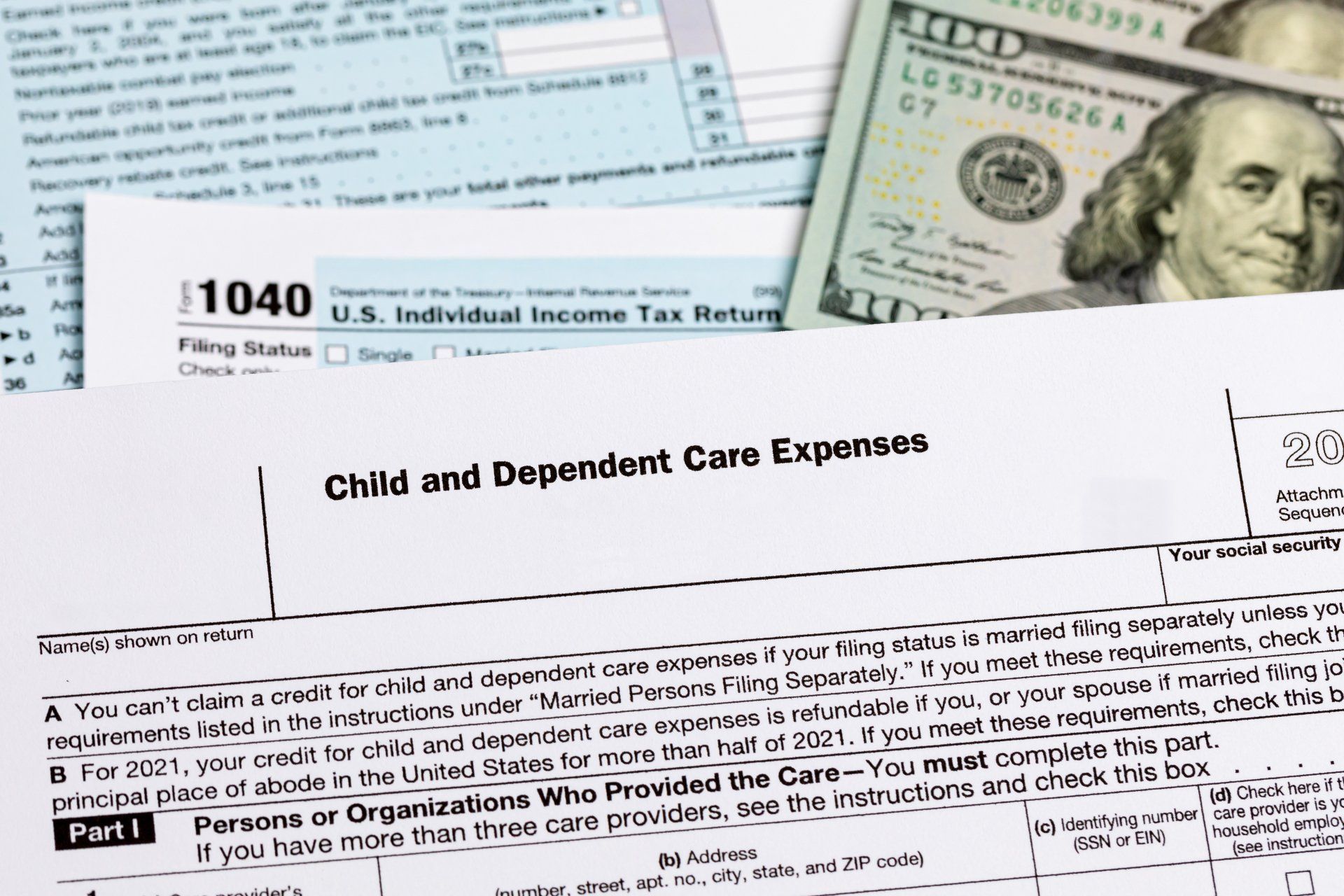Chapter 12 - Bankruptcy Basics PArt 1
Brian D Bailey Esq. • August 20, 2021
This is a subtitle for your new post

Background
Chapter 12 is designed for "family farmers" or "family fishermen" with "regular annual income." It enables financially distressed family farmers and fishermen to propose and carry out a plan to repay all or part of their debts. Under chapter 12, debtors propose a repayment plan to make installments to creditors over three to five years. Generally, the plan must provide for payments over three years unless the court approves a longer period "for cause." But unless the plan proposes to pay 100% of domestic support claims (i.e., child support and alimony) if any exist, it must be for five years and must include all of the debtor's disposable income. In no case may a plan provide for payments over a period longer than five years. 11 U.S.C. § 1222(b)-(c).
In tailoring bankruptcy law to meet the economic realities of family farming and the family fisherman, chapter 12 eliminates many of the barriers such debtors would face if seeking to reorganize under either chapter 11 or 13 of the Bankruptcy Code. For example, chapter 12 is more streamlined, less complicated, and less expensive than chapter 11, which is better suited to large corporate reorganizations. In addition, few family farmers or fishermen find chapter 13 to be advantageous because it is designed for wage earners who have smaller debts than those facing family farmers. In chapter 12, Congress sought to combine the features of the Bankruptcy Code which can provide a framework for successful family farmer and fisherman reorganizations.
The Bankruptcy Code provides that only a family farmer or family fisherman with "regular annual income" may file a petition for relief under chapter 12. 11 U.S.C. §§ 101(18), 101(19A), 109(f). The purpose of this requirement is to ensure that the debtor's annual income is sufficiently stable and regular to permit the debtor to make payments under a chapter 12 plan. But chapter 12 makes allowance for situations in which family farmers or fishermen have income that is seasonal in nature. Relief under chapter 12 is voluntary, and only the debtor may file a petition under the chapter.
Under the Bankruptcy Code, "family farmers" and "family fishermen" fall into two categories: (1) an individual or individual and spouse and (2) a corporation or partnership. Farmers or fishermen falling into the first category must meet each of the following four criteria as of the date the petition is filed in order to qualify for relief under chapter 12:
1. The individual or husband and wife must be engaged in a farming operation or a commercial fishing operation.
2. The total debts (secured and unsecured) of the operation must not exceed $4,153,150 (if a farming operation) or $1,924,550 (if a commercial fishing operation).
3. If a family farmer, at least 50%, and if family fisherman at least 80%, of the total debts that are fixed in amount (exclusive of debt for the debtor's home) must be related to the farming or commercial fishing operation.
4. More than 50% of the gross income of the individual or the husband and wife for the preceding tax year (or, for family farmers only, for each of the 2nd and 3rd prior tax years) must have come from the farming or commercial fishing operation.
In order for a corporation or partnership to fall within the second category of debtors eligible to file as family farmers or family fishermen, the corporation or partnership must meet each of the following criteria as of the date of the filing of the petition:
1. More than one-half the outstanding stock or equity in the corporation or partnership must be owned by one family or by one family and its relatives.
2. The family or the family and its relatives must conduct the farming or commercial fishing operation.
3. More than 80% of the value of the corporate or partnership assets must be related to the farming or fishing operation.
4. The total indebtedness of the corporation or partnership must not exceed $4,153,150 (if a farming operation) or $1,924,550 (if a commercial fishing operation).
5. At least 50% for a farming operation or 80% for a fishing operation of the corporation's or partnership's total debts which are fixed in amount (exclusive of debt for one home occupied by a shareholder) must be related to the farming or fishing operation.
6. If the corporation issues stock, the stock cannot be publicly traded.
A debtor cannot file under chapter 12 (or any other chapter) if during the preceding 180 days a prior bankruptcy petition was dismissed due to the debtor's willful failure to appear before the court or comply with orders of the court or was voluntarily dismissed after creditors sought relief from the bankruptcy court to recover property upon which they hold liens. 11 U.S.C. §§ 109(g), 362(d) and (e). In addition, no individual may be a debtor under chapter 12 or any chapter of the Bankruptcy Code unless he or she has, within 180 days before filing, received credit counseling from an approved credit counseling agency either in an individual or group briefing. 11 U.S.C. §§ 109, 111. There are exceptions in emergency situations or where the U.S. trustee (or bankruptcy administrator) (1) has determined that there are insufficient approved agencies to provide the required counseling. If a debt management plan is developed during required credit counseling, it must be filed with the court.
Continued....

https://www.youtube.com/watch?v=86DwHBCoLp0#t=207m27s If the link doesn't automatically take to to the video . Please cut & Paste to you browser Hey everyone out there now you can see us during our appearances on the Joe Show. Click on the link here to see why my momma always said I had a face made for radio. And for my law school peeps listen close for a painful law school memory when we discuss the "Absence of Malice"

Parents who are divorced, separated, never married or live apart and who share custody of a child with an ex-spouse or ex-partner need to understand the specific rules about who may be eligible to claim the child for tax purposes. This can make filing taxes easier for both parents and avoid errors that may lead to processing delays or costly tax mistakes. Only one person may be eligible to claim the qualifying child as a dependent. Only one person can claim the tax benefits related to a dependent child who meets the qualifying child rules. Parents can’t share or split up the tax benefits for their child on their respective tax returns. It’s important that each parent understands who will claim their child on their tax return. If two people claim the same child on different tax returns, it will slow down processing time while the IRS determines which parent’s claim takes priority. Custodial parents generally claim the qualifying child as a dependent on their return. The custodial parent is the parent with whom the child lived for the greater number of nights during the year. The other parent is the noncustodial parent. In most cases, because of the residency test, the custodial parent claims the child on their tax return. If the child lived with each parent for an equal number of nights during the year, the custodial parent is the parent with the higher adjusted gross income. Tie-breaker rules may apply if the child is a qualifying child of more than one person. Although the child may meet the conditions to be a qualifying child of either parent, only one person can actually claim the child as a qualifying child, provided the taxpayer is eligible. People should carefully read Publication 504, Divorced or Separated Individuals to understand who is eligible to claim a qualifying child. Noncustodial parents may be eligible to claim a qualifying child. Special rules apply for a child to be treated as a qualifying child of the noncustodial parent. The custodial parent can release the dependency exemption and sign a written declaration or Form 8332, Release/Revocation of Release of Claim to Exemption for Child by Custodial Parent for the noncustodial parent to submit with their tax return. This also applies to some tax benefits, including the child tax credit, additional child tax credit, and credit for other dependents. It doesn’t apply to other tax benefits, such as the earned income credit, dependent care credit or head of household filing status. For More information: Check out IRS Publication 501, Dependents, Standard Deduction, and Filing Information Whom May I Claim as a Dependent? If you have questions or need help navigating which parent gets to claim the children for tax purposes. Feel free to Give us a call at 859-236-8888.

It is with mixed emotions that we announce our very own justin Johnson has decided to take a position working as Assistant Commonwealth attorney for the 50th Judicial Circuit. We are sad to see him go but are comforted with the fact that we know he will bring his integrity and brilliance to this next chapter of his life and that maybe in some small way we contributed to that. Also we are proud to know that he will in a very real way be carrying on the tradition of this firm's founder Hon. George M McClure III by serving this area while ensuring both the victims and accused receive justice and fair play.

Both Patrick & Myself come from a long line of men and women who have bravely & honorably served this country. Both of our fathers George M McClure III & John L Bailey. Our Grandfather’s Dr. George M McClure Jr., Clarence E. Bailey and Claude L. Stacey. As well as many of our aunts, uncles and cousins have all bravely and honorably served this country some of them came home to take there place in society never really discussing their service nor asking for any special treatment because of it. Some came home in a box. draped in a flag, having paid the ultimate sacrifice. I never had the honor of serving myself. I had intended to serve. I even made the trip from Rockford Illinois to Great Lakes Naval base to take the ASFAB which I actually did very well on. However the day before I was going to sign my enlistment papers my father sat me down and said these words to me that forever changed the course of my life. He said “Son our family has done its fair share for King & Country go to college” I took my dad’s advice and I have honestly had a life that is greater than I could have ever imagined. But I have always felt a little guilty that I didn’t serve like most of the men in my family chose to do. Memorial Day is always bitter sweet for me, because I realize that I am in a very personal way the recipient of the sacrifices made by Generations of my family that served sacrificed and died so that I wouldn’t have too. I know I’m not the only one who has benefited from that type of sacrifice I know many of you out there reading this have stories that are very similar to mine. So tomorrow while we are all enjoying our hot dogs, hamburgers and mom’s apple pie let’s all take a moment to remember the ones that sacrificed so that we wouldn’t have too. Have a Happy and Thankful Memorial Day. ---- Brian










